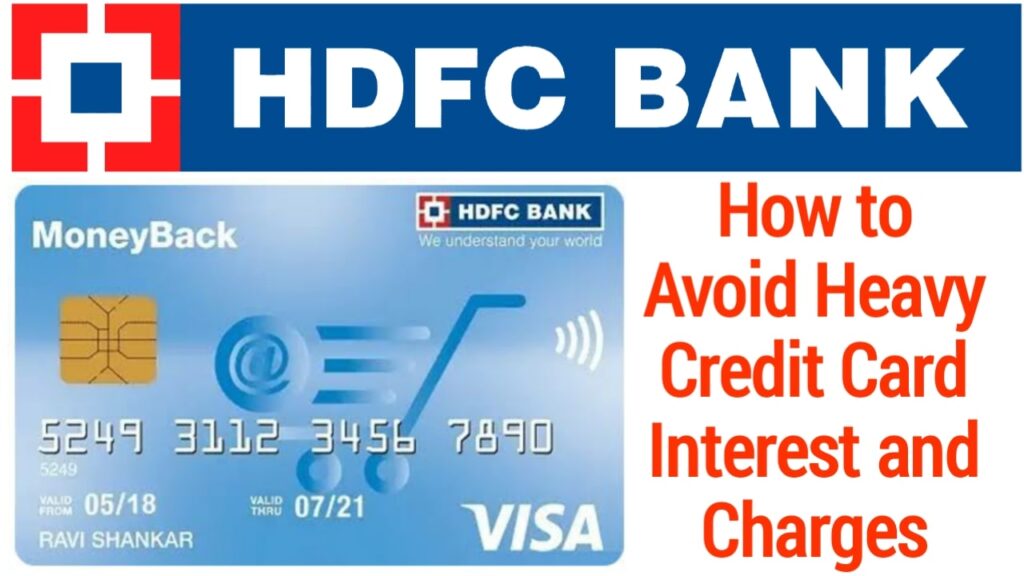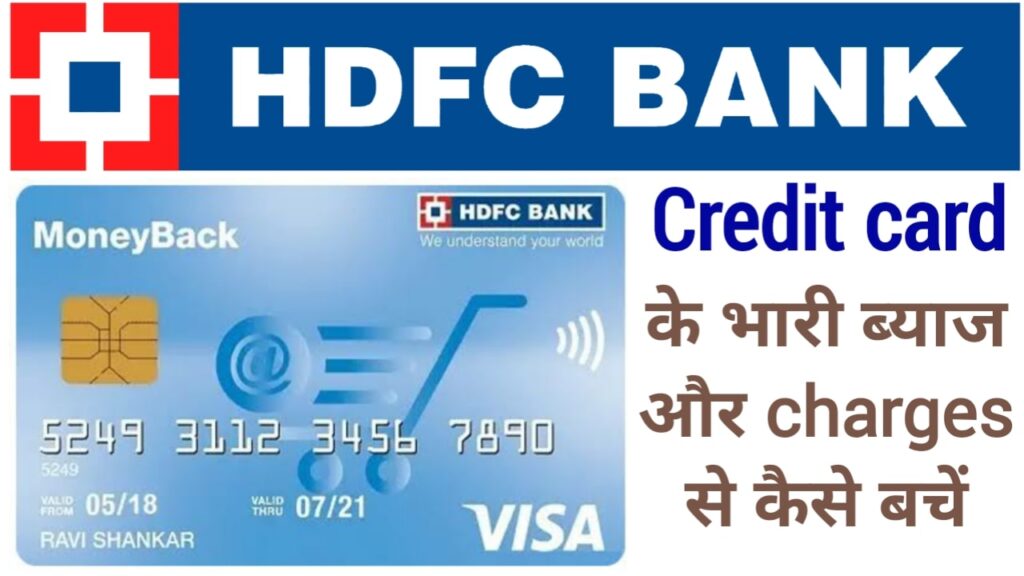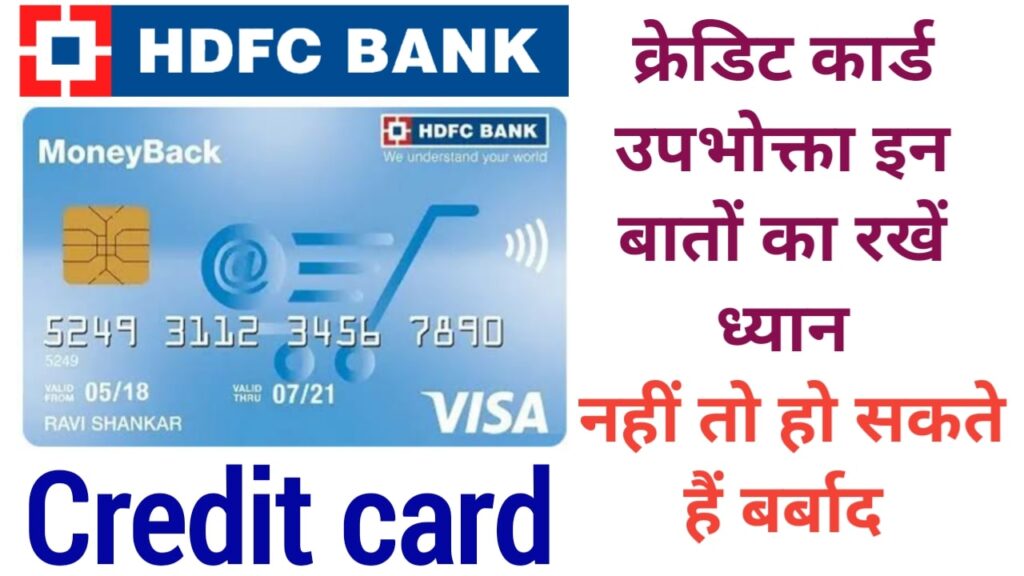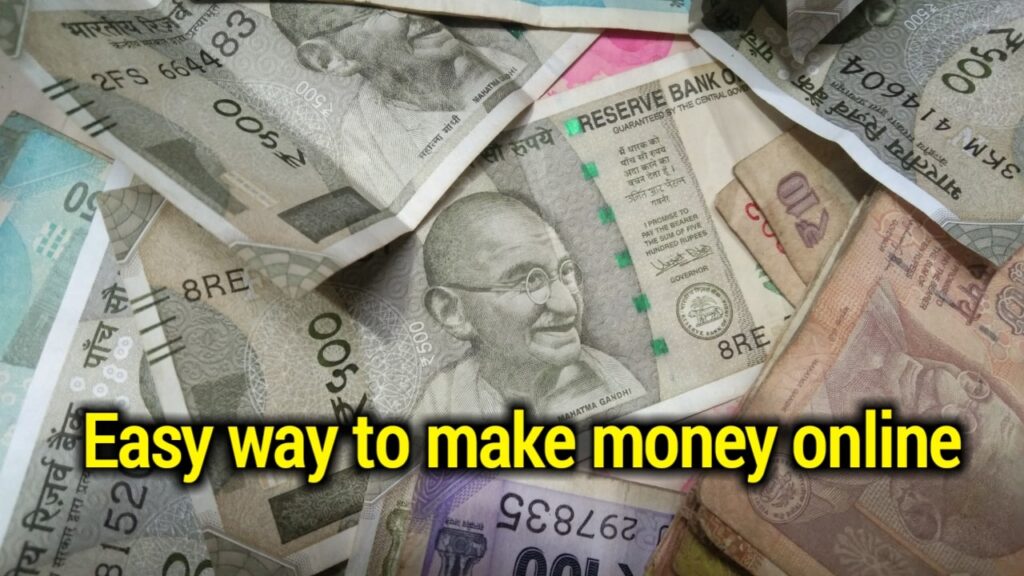Credit cards are widely used financial tools that allow individuals to make purchases on credit, which means they can borrow money from the card issuer up to a certain limit and then repay it later, often with interest. To use credit cards wisely and avoid financial difficulties, it’s important to follow some general rules:

- Pay on time: Always pay your credit card bill on or before the due date to avoid late fees and penalties. Late payments can also negatively impact your credit score.
- Pay in full: Whenever possible, try to pay your credit card balance in full each month. By doing so, you avoid interest charges, which can quickly add up and make your purchases more expensive.
- Keep credit utilization low: Credit utilization is the ratio of your credit card balance to your credit limit. It is advisable to keep your credit utilization below 30% to maintain a healthy credit score. For example, if you have a credit limit of $5,000, try to keep your outstanding balance below $1,500.
- Avoid unnecessary debt: Don’t use your credit card for purchases you can’t afford to pay back. Only use it for planned expenses or emergencies.
- Understand fees and interest rates: Be aware of the fees associated with your credit card, such as annual fees, balance transfer fees, and cash advance fees. Also, know the interest rate (APR) and how it’s applied to your outstanding balance.
- Monitor your statements: Regularly review your credit card statements to ensure accuracy and detect any unauthorized charges. Report any discrepancies or fraudulent transactions to your card issuer immediately.
- Don’t max out your credit limit: Maxing out your credit card can negatively impact your credit score and may lead to financial stress. Aim to keep your balances well below your credit limit.
- Choose a card that fits your needs: Select a credit card that aligns with your spending habits and financial goals. There are different types of credit cards, such as rewards cards, cashback cards, and low-interest cards.
- Protect your card information: Be cautious when sharing your credit card information online or over the phone. Only use secure websites and reputable merchants for transactions.
- Report lost or stolen cards immediately: If your credit card is lost or stolen, report it to your card issuer as soon as possible to prevent unauthorized use.
By following these rules and using credit cards responsibly, you can build a positive credit history and avoid falling into debt traps. Remember that credit cards can be valuable financial tools when used wisely but can lead to financial troubles if mismanaged.
Read also:How to remove gmail account from vivo y21l/Y51L? विवो मोबाइल में ईमेल आईडी कैसे डिलीट करें?
Read also:यदि आपके पास भी क्रेडिट कार्ड है तो इन बातों को जान लो…
Credit cards offer several benefits and advantages to their users, but they also come with potential risks and drawbacks. Let’s explore the benefits and losses for credit card users:

Benefits of Credit Card Users:
- Convenience: Credit cards provide a convenient and secure way to make purchases, whether in-store, online, or over the phone, without the need to carry cash.
- Build Credit History: Responsible use of credit cards can help users establish and build a positive credit history. A good credit history is essential for future loans, mortgages, and better interest rates.
- Rewards and Perks: Many credit cards offer rewards programs, such as cashback, airline miles, or points that can be redeemed for various benefits, discounts, or freebies.
- Purchase Protection: Some credit cards offer purchase protection, which can cover the cost of items in case they are stolen, damaged, or lost within a specified period after purchase.
- Emergency Fund: Credit cards can act as a financial safety net during emergencies when cash might not be readily available.
- Grace Period: Most credit cards offer a grace period, allowing users to avoid interest charges on purchases if the balance is paid in full by the due date.
- Improved Online Security: Credit cards often come with added security measures, such as fraud protection and zero-liability policies, which can help protect against unauthorized transactions.
- Credit Score Monitoring: Some credit cards provide free access to credit scores and monitoring services, helping users keep track of their credit health.
Losses for Credit Card Users:
- High-Interest Rates: If users carry a balance on their credit cards, the high-interest rates can lead to substantial debt if not managed properly.
- Debt Accumulation: Credit cards can lead to overspending and the temptation to live beyond one’s means, resulting in significant debt.
- Fees: Credit cards may come with various fees, including annual fees, late payment fees, cash advance fees, and foreign transaction fees, which can add to the overall cost.
- Credit Score Impact: Late or missed payments on credit cards can negatively affect the user’s credit score, making it harder to access loans or credit in the future.
- Minimum Payments Trap: Paying only the minimum amount due can extend the repayment period and increase the overall interest paid.
- Impulse Spending: Credit cards may make it easier for users to make impulsive purchases, leading to a lack of budget discipline.
- Security Risks: Despite the added security measures, credit cards can still be susceptible to fraud and identity theft.
- Temptation for Fraudulent Activities: Owning a credit card may tempt some individuals to engage in fraudulent activities or unauthorized purchases.
In conclusion, credit cards can be valuable financial tools when used responsibly, offering convenience, rewards, and protection. However, they also carry the risk of debt accumulation and financial mismanagement if not used carefully. It’s essential for credit card users to be aware of their spending habits, make timely payments, and maintain a healthy credit behavior to maximize the benefits while minimizing the potential losses


